What to Say to Someone with Cancer
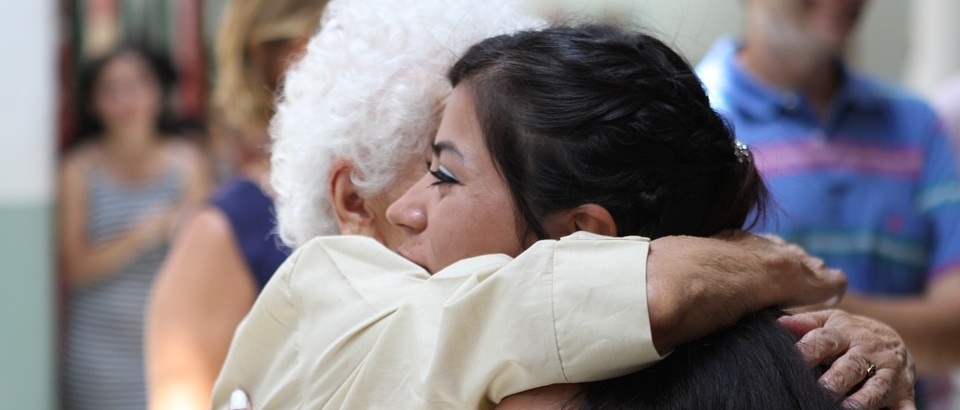
So a family member, friend, colleague, or even a stranger has told you they have cancer. What do you say in response?
The answer seems simple, but in the heat of an emotional moment, it’s not unusual to be caught off guard. It is life changing news for the person diagnosed, and highly emotional news to receive.
Even if you personally haven’t experienced it yet, chances are high you may eventually. Every year, more than a million people are diagnosed with cancer in the United States alone.
There’s no one right or wrong way to go about it, but here are some tips to help make your words matter to a loved one with cancer.
What to say to someone with cancer
- Listen, listen, listen. Some people may just want to talk to process what they’re going through. For these people, simply lending your ear and listening actively can mean the world. For Alicia B., who was diagnosed with a soft tissue sarcoma, it was about being heard.
“That human connection is one of the most important things for me. Hearing somebody say, ‘I get that,’ is so impactful. ”
- Say what you feel. The simplest words of support and acknowledgement are a great place to start:
- “I love you.”
- “I can’t imagine what you’re going through.”
- “I don’t know what to say, but I’m here for you.”
- … but don’t diminish what they are going through. Statements like, “I’m sure it will be okay,” may trivialize what your loved one is feeling at the moment.
- “Tell me how I can help.” Actions can speak louder than words (and be more practical), but it’s important to know that not everyone dealing with cancer will have something in mind right away. Even if they do, they may not feel comfortable asking for help. Be proactive and lend a hand wherever you see a need, like bringing food, watching their pets, doing dishes, or offering a ride to an appointment)
- “No pressure.” Reaching out is almost always a welcome gesture but the person may be too exhausted to reply. Letting them know there’s no pressure to respond before any message can take care of any burden to reply right away while letting them know how much you care. Stephanie Chuang, a non-Hodgkin lymphoma survivor, says it was most reassuring when people prefaced their messages with, “No need to respond.”
They understood how occupied I was. How little bandwidth I had to process my new reality, much less what they had to say. Having that allowed me the space to actually hear their words and fully understand their intentions. Those fours words were most liberating in my time of high stress.
- Do your research, but don’t pretend to be an expert. Understanding a bit about the diagnosis and treatment can help you empathize with just what your loved one is facing. However, the last thing they need is one more person trying to educate them about the condition, so stay away from words of advice unless they specifically ask you for it.
- Avoid comparisons or other cancer stories. Everyone’s diagnosis and treatment journey will be different. Sharing examples (even the positive ones) from your own experience or other people you know may not be a helpful approach. Instead, offer to connect them with people if they’d like. Cat L. says she hated those comparisons because it was “disconnecting.”
You don’t have to have magic words. You don’t have to try to fix it. You can’t. You can just say, “Dang, that’s really hard.”
Connect with yourself and how you feel when you’re at your worst, and understand that that’s how the patient is feeling. Sometimes somebody just needs you to validate their feelings and for you to just cry with them.
Cat L., Breast Cancer Survivor
- Keep the focus on them. No matter what you’ve gone through in your life, now is not the time to draw comparisons or offer your perspective. If you need time to process your loved one’s diagnosis, do it on your own or with other friends or family.
- Don’t bombard them with questions. Too many questions, especially about the diagnosis or treatment, can be overwhelming and unhelpful for someone facing cancer, especially if they’re still so unsure of the answers, themselves.
- Don’t judge or pry into what might have caused the diagnosis. The last thing any patient wants to discuss is how their lifestyle or some factor in their control may have led to cancer, including lifestyle areas like diet and exercise.
- Don’t comment on their physical appearance. Weight loss and gain, hair loss, exhaustion, and other side effects of cancer treatment can be jarring for friends and family to witness. Bringing attention to it, though, can be hurtful and stressful for the person dealing with the illness and all the physical changes, themselves.
- It’s okay not to be okay. It’s totally normal to cry, feel sad, or scared. Don’t push those feelings away, whether they are yours or your loved one’s.
- Hug it out. When words fail, a simple hug can do a lot to communicate your love and support.

As my relationships changed after we had our first child (less “guys at a bar” and more “father of your child’s friend”), it became clear that cancer, like childbirth, had the potential to be a relationship-changing event. So I kept my condition quiet with most people, but used it to expand my relationships with a new group.
Bill P. (Kidney Cancer)
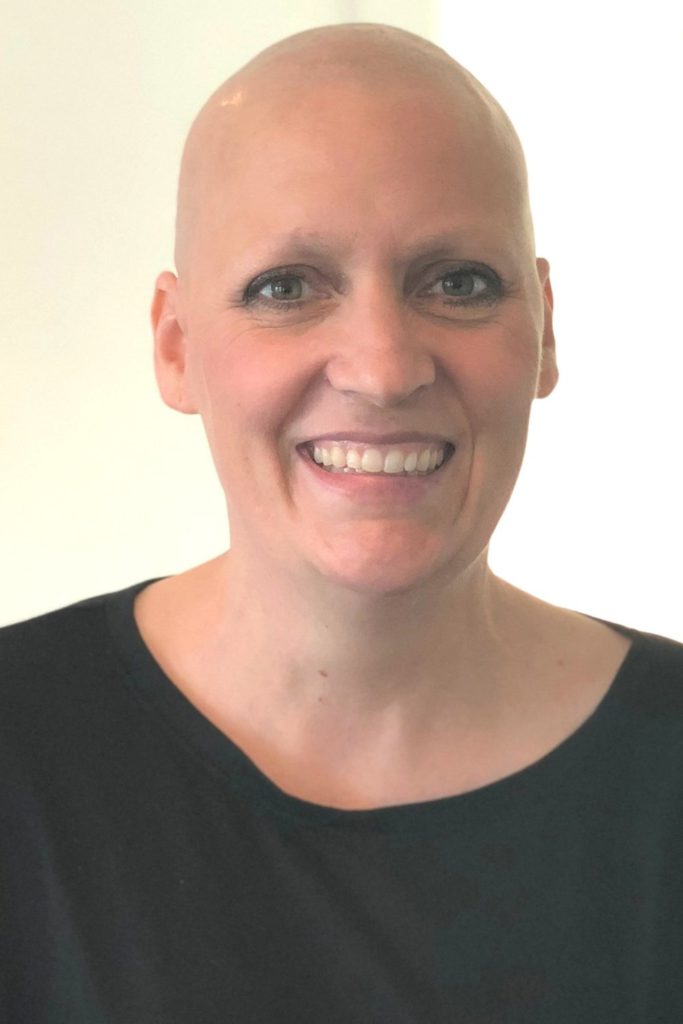
My husband was like “stay positive, stay positive!” And I would maybe start to voice my concerns or worries and he’d say you can’t think like that. Everyone would try to pep talk me. So I started saying, “No, I have to feel this. This is scary and I have to think about what if my kids don’t have a mom.”
Jodi S. (Ovarian Cancer)
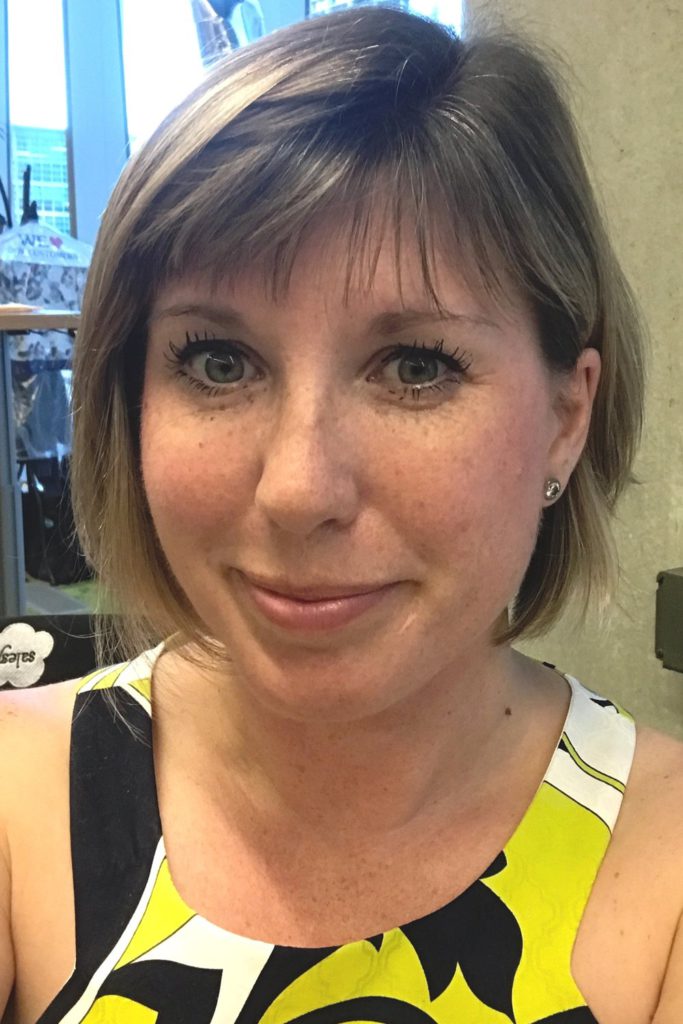
I picked certain people who didn’t necessarily work on my team but I would see as I walked into the office or in elevators. I let them know…they would give me a hug and go, “Genoa, you’re here!” I’m like, “I know!” And knowing that I would see those people helped.
Genoa M. (Breast Cancer)
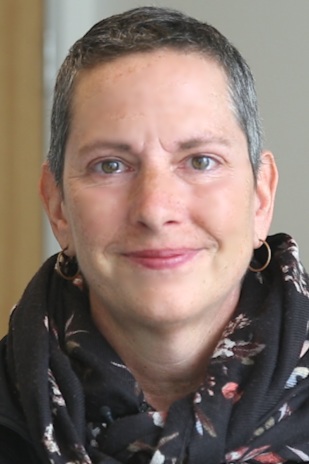
The death stories and the stories about people they know who have died of cancer, the rambling of stupid stuff. That was the worst part. I think the baldness is less of that but it opens up the door for random people to start telling you cancer stories and death stories.
Doreen D. (Breast Cancer)
How and when to reach out to someone with cancer
- Make a routine just to check in. Many people go radio silent after they learn about someone else’s diagnosis simply because they don’t know what to say. This lack of contact can be the most damaging thing for the patient themselves.
- Send a private Facebook message. It’s easy to leave a “sad” emoji and a few kind words on a friend’s Facebook post. A private message though, can be a much more meaningful way to offer your love and support. It will also open up an easy line of communication for whenever your friend might just want to vent.
- Send a care package. It is likely to bring smiles if you can send a little care package, especially since flowers might not be a great idea if your loved one is in the hospital (sometimes there are concerns about immune sensitivity). Do a simple search of what their treatment side effects might be, including nausea, dry skin, fatigue and choose out items that will help with each of them. The price doesn’t matter – the thoughtfulness does.
- Send a greeting card. Greeting cards are an age-old way to connect with someone for almost any reason. Make sure to add your own heartfelt message, and maybe even offer your phone number or email so they can get in touch anytime they want to talk.
- Visit them in the hospital or at home during treatment. In-person visits can be a great way to cheer up someone with cancer, but it’s important not to overstay your welcome. Everyone will have a different tolerance for time with visitors. If the person is tired, stressed, or just needs alone time, it may be best to come back later.
- Distract them with activities (but be mindful of their physical abilities). For example, you could take your loved one for a drive, watch a movie with them, play a card game, or whatever else you both enjoy doing together.

It was overwhelming to rehash everything over and over. My mom, my husband, and two of my friends were the only people I cared to speak to. My mom provided updates to my dad, sister, and anyone else who was checking in. I appreciated the outpouring of love in the form of cards, calls, texts, flowers, gifts, etc. I never felt so loved in my life. I was just physically and mentally unable to speak to everyone once treatment started.
Donna S. (Non-Hodgkin Lymphoma)
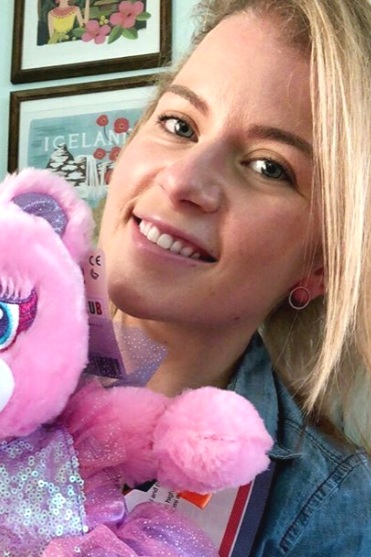
I didn’t have people bringing me meals or anything like that. That kind of thing would have been really nice. I think people don’t know what to do, and they don’t know what to say, and they don’t want to intrude, and then if you have the type of personality where you don’t want to be intrusive, then it can cause it to be a pretty isolating experience.
Ashley W. (Soft Tissue Sarcoma)
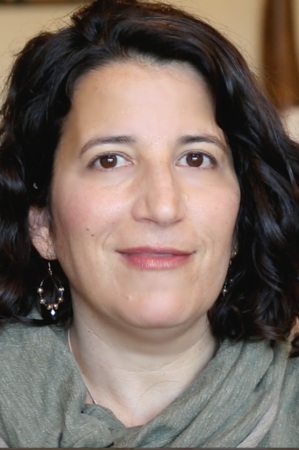
It’s hard because on the one hand I want to say push the boundaries. I tend to be introverted, I don’t like asking people for help so I mostly appreciate it when somebody is a little pushier and just says hey I’m going to come over with this meal and I’ll just leave it here if you want to talk, or don’t want to talk. Come in if you do want to talk. But they would sort of take the initiative.
Lisa G. (Lung Cancer)
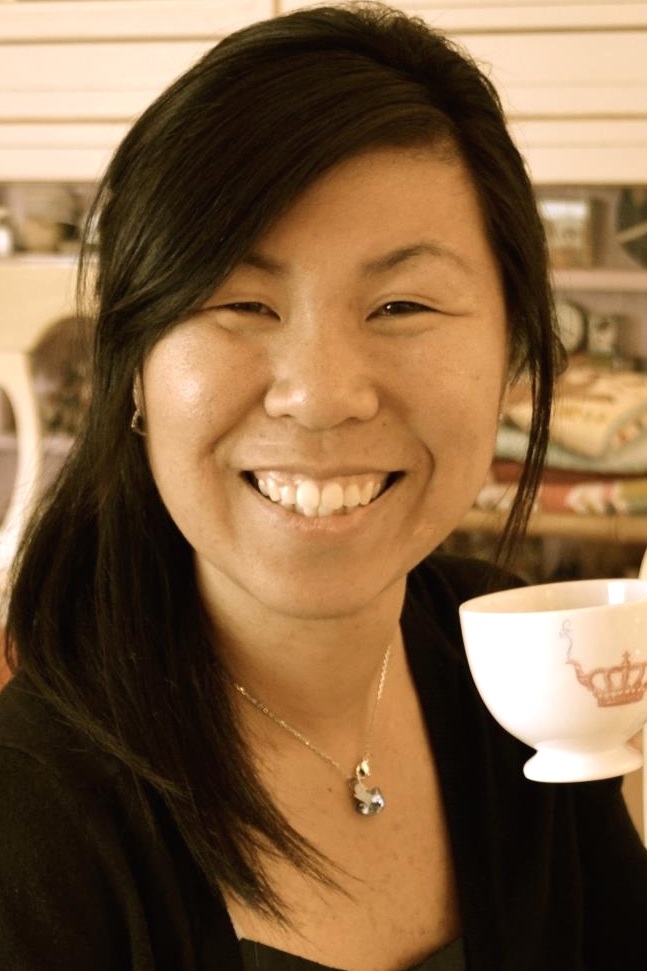
My cousins are just like siblings to me. They took me out to eat the things I could eat. At a point when the only good thing I could still eat was ice cream, there were deliveries from Yogurtland every other day. There was absolutely nothing to do, they brought over a cricut machine and gave me arts and crafts to do.
Carmen Y. (Thyroid Cancer)
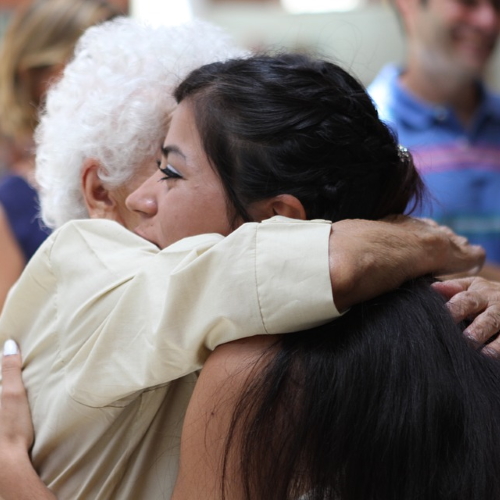


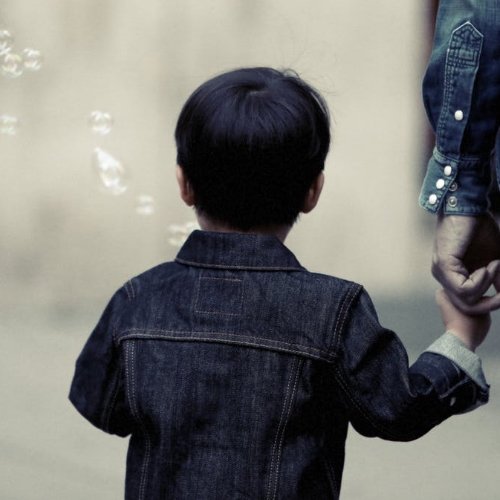
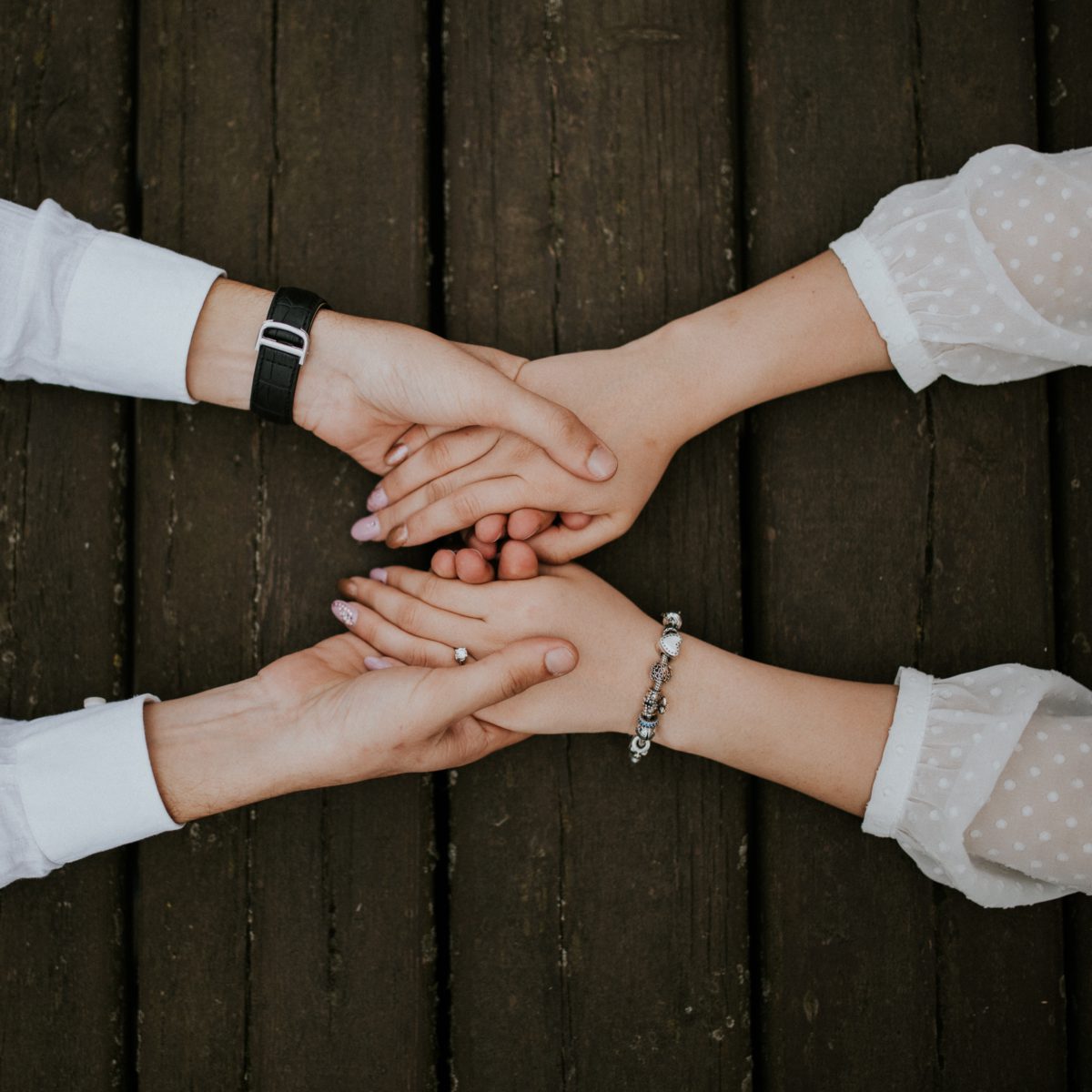

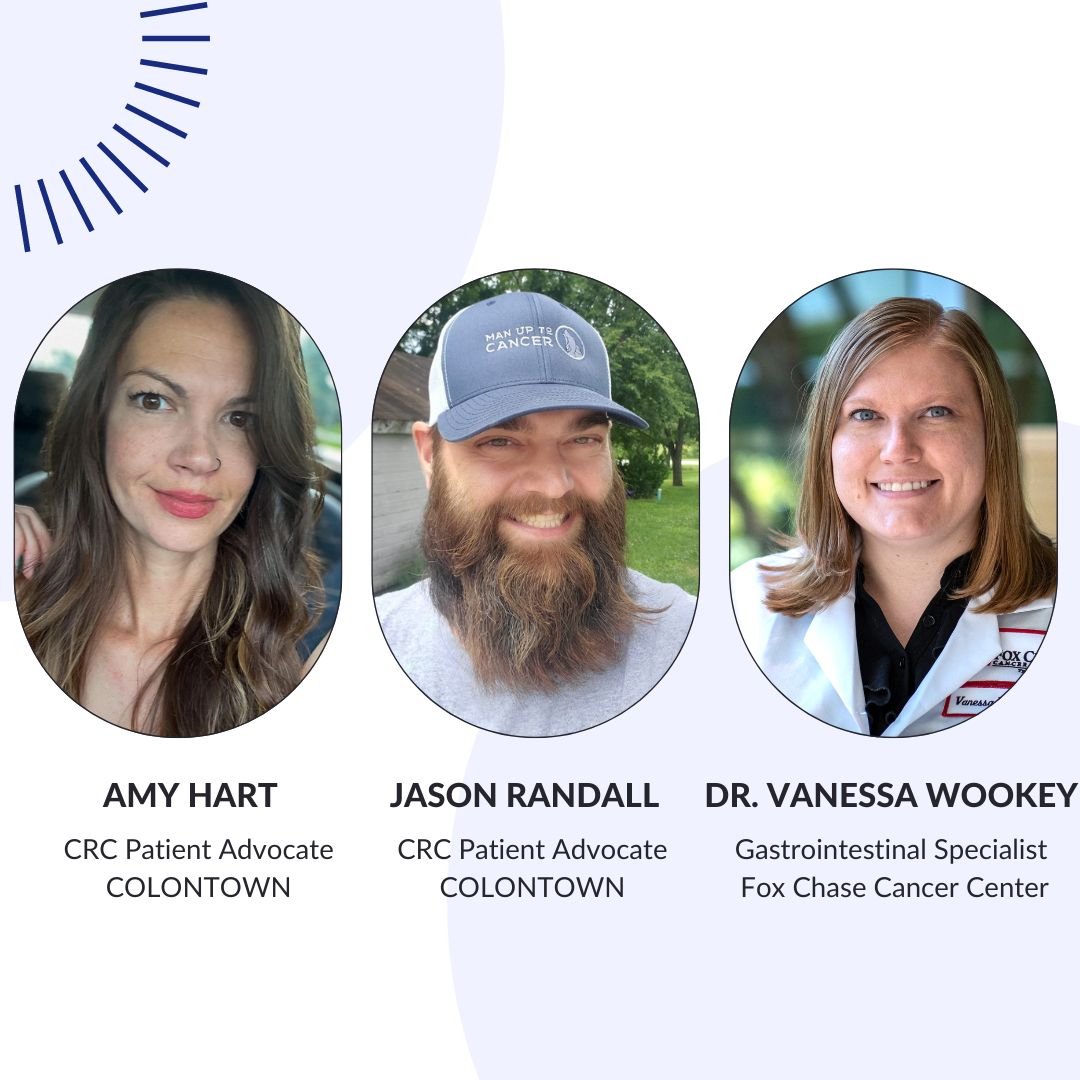
4 replies on “What to Say to Someone With Cancer | The Patient Story”
I’ll preface this by saying that my sister and I have always had a rocky relationship. But, I was diagnosed with Mantle Cell Lymphoma five years ago (May 2018). My sister’s response was, “I’ll hold your hair when you’re puking.” I couldn’t have been more hurt, since I had hoped her response would be more along the lines of “I love you and I’m here for you,” which is what my twin brother told me. I guess you can’t choose your family. In any case, I have got the best boyfriend, a few family members, including my kids, and some wonderful very close friends that I can rely on. I am blessed.
I like how you mentioned that understanding the situation and talking to them can cheer up someone. A friend of mine told me last night that his family was hoping to find an advanced radiation treatment for her aunt with breast cancer, and he asked if I had any idea what could be the best option to do. Thanks to this informative article, I’ll be sure to tell him that consult a trusted cancer treatment hospital as they can help them with all their inquiries and give will give proper treatment.
Thanks for explaining why we shouldn’t say everything will be okay since it trivializes what they’re going through. My sister was diagnosed with breast cancer and is looking for a clinic so she can begin treatment soon. I appreciate you sharing these guidelines to help me support her as best I can during this difficult time.
Rebecca, we’re sorry to hear about your sister’s diagnosis but glad you were able to find some help in our community-driven piece. Sending you and your family positive vibes!